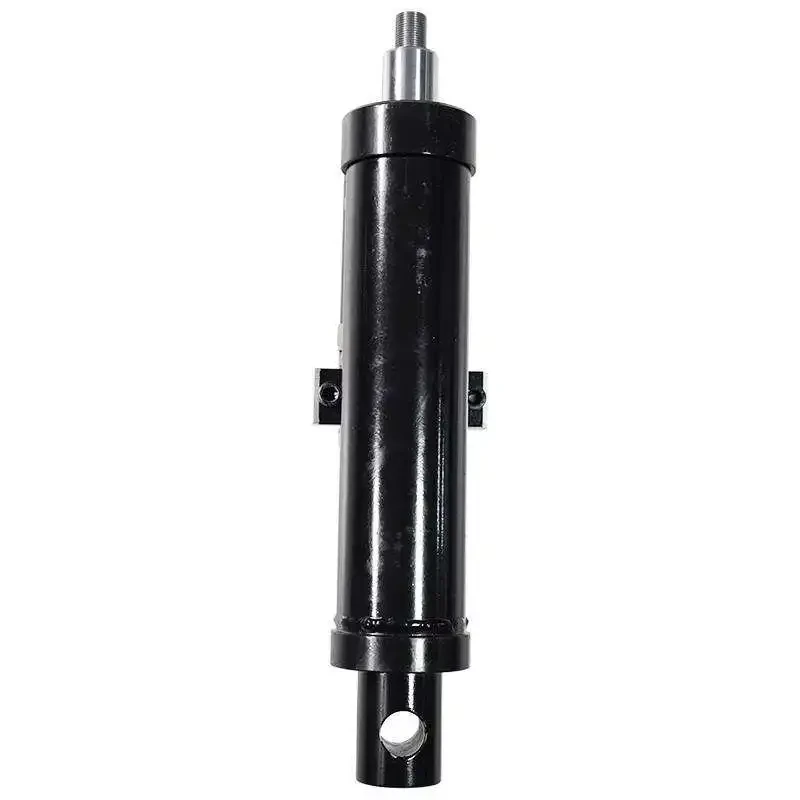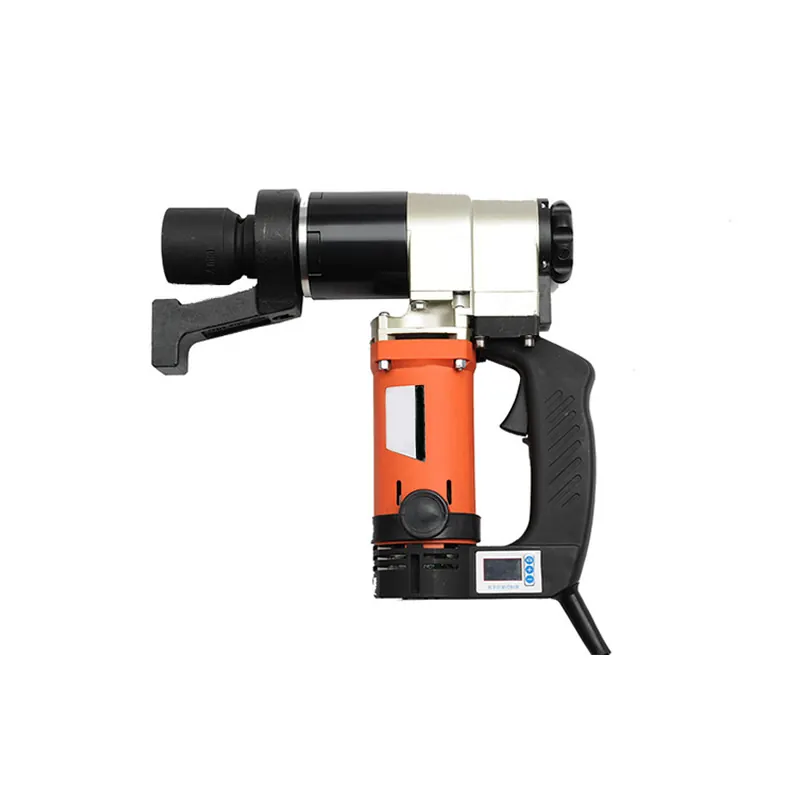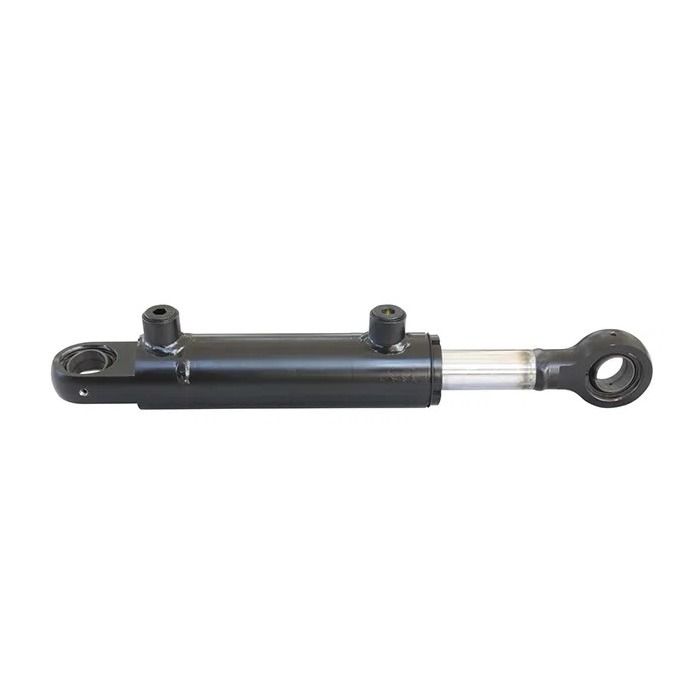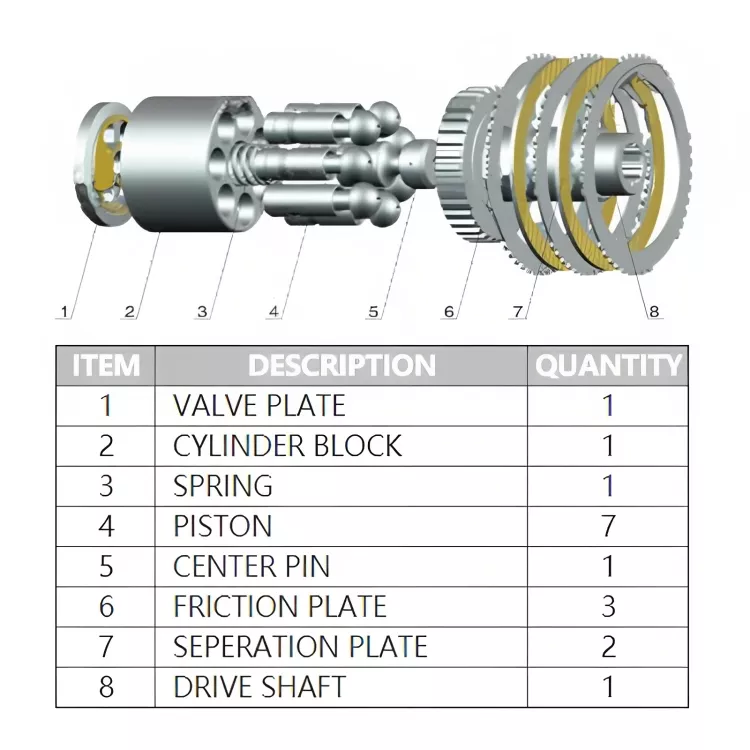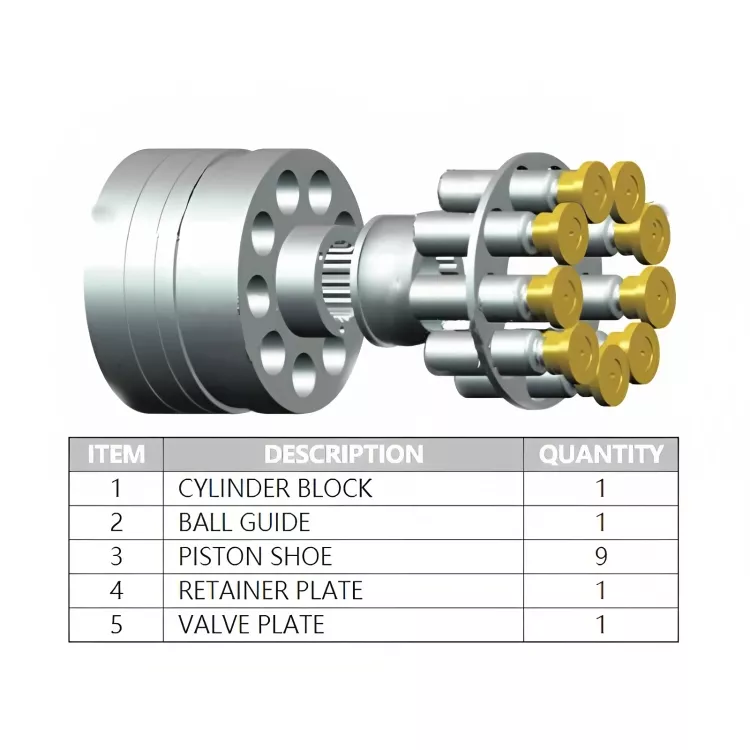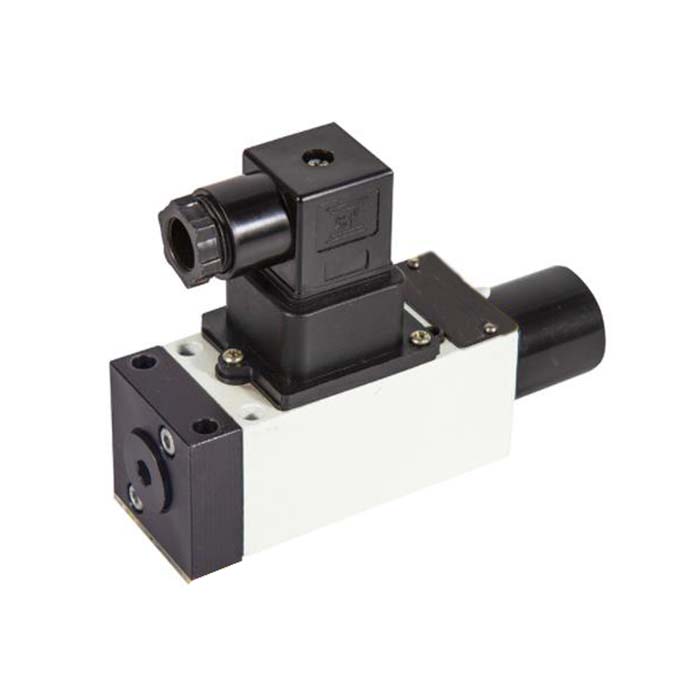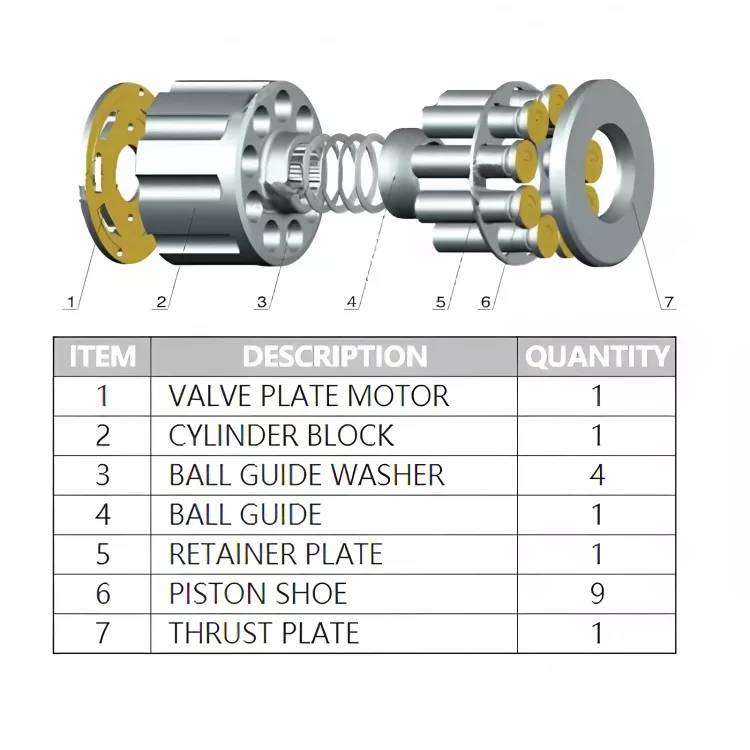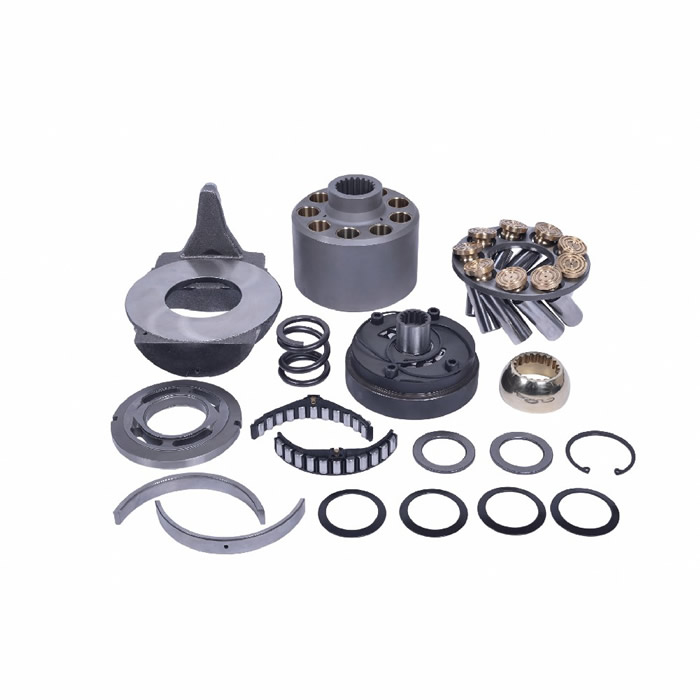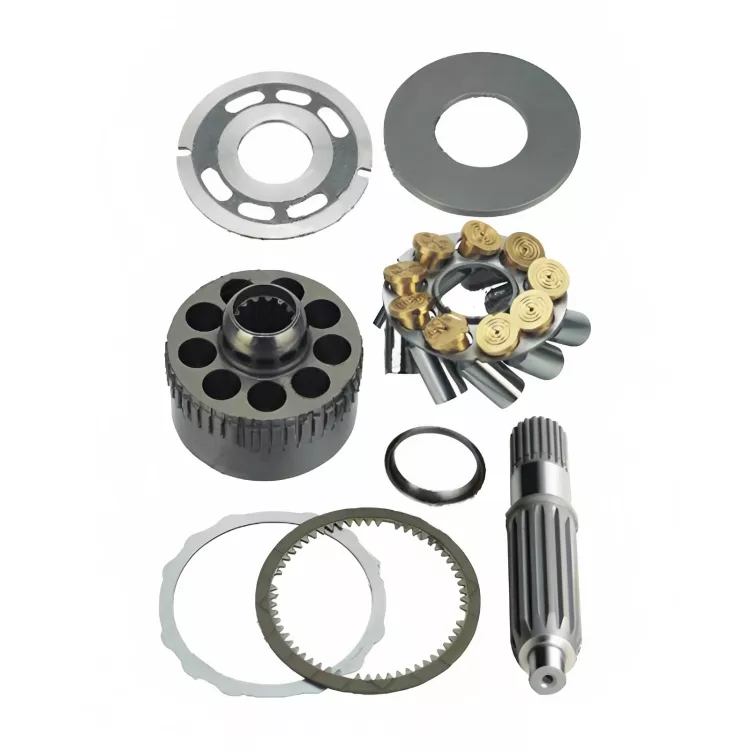Hydraulic Wrench Pump Care and Cleaning After Operation
A hydraulic wrench pump is a mechanical device used in industrial and construction settings for
the controlled application of torque to fasteners, typically bolts and nuts.
It operates on hydraulic principles, utilizing hydraulic fluid to generate the necessary force
for tightening or loosening fasteners. Hydraulic wrench pumps are commonly used in heavy-duty applications
where high torque is required, such as in the assembly and maintenance of large machinery, bridges, and other structures.
They are known for their precision and power, making them a valuable tool in industries
that rely on secure and controlled fastening of components.
Viscosity and Temperature Performance:
- It is paramount that hydraulic oil maintains consistent viscosity and temperature performance.
- The hydraulic oil should exhibit minimal viscosity changes across varying temperature ranges,
typically with a temperature index above 90.
- Poor viscosity-temperature performance can result in compromised lubrication, increased leakages,
and diminished precision in system operations.
Rust Resistance:
- During periods of inactivity or prolonged storage, hydraulic equipment is susceptible to corrosion.
- Hydraulic oil should possess excellent rust resistance properties to shield vital components from deterioration during downtime.
Oxidation Resistance:
- As Hydraulic Systems operate, oil temperature rises, increasing the risk of oxidation.
- The rate of oxidation accelerates at elevated temperatures, potentially leading to the
formation of sludge, system contamination, and disruptions.
- Hydraulic oil of high quality must demonstrate remarkable oxidation resistance to ensure uninterrupted system performance.
Anti-Emulsification Performance:
- Hydraulic oil should resist emulsification when in contact with water, as this can lead to stability issues.
- Emulsification may reduce lubricity, affecting the performance of pumps and valves.
Anti-Foam Performance:
- The presence of foam in hydraulic oil can result in undesirable system behaviors, including noise and crawling.
- Exceptional hydraulic oil exhibits remarkable anti-foaming properties.
Lubrication Performance:
- Hydraulic components often feature minuscule clearances between moving parts, necessitating the
creation of a robust oil film for effective liquid lubrication.
- This is essential to reduce wear and extend the operational lifespan of system components.
Freezing Point:
- The freezing point of hydraulic oil should be lower than the ambient temperature, generally falling below 10°C.
- Low temperatures can lead to increased oil viscosity, potentially impeding system startup and operation.
Compatibility:
- Hydraulic oil should not undergo chemical interactions with system materials,
ensuring the prevention of degradation and the continued efficiency of the system.
Motor (pneumatic and electric): To maintain the motor's efficiency and longevity,
it is essential to regularly clean and lubricate the motor shaft and bearings.
This routine maintenance helps to prevent any potential issues and ensures smooth operation.
Oil inlet filter screen of the pump station: During regular operation, it is recommended to
replace the oil inlet filter screen once every two years. However, if the pump station is frequently utilized,
it may be necessary to replace the filter screen more frequently. In cases where the pump station is not frequently used,
periodic removal of the filter screen for cleaning purposes can be sufficient before reinstallation.
Remote control switch (pneumatic): Regularly checking the air pipe connected to the remote control switch
is crucial to prevent any blockages or entanglements. If the air pipe becomes bent or ruptured,
prompt replacement is necessary to maintain proper functionality. Additionally, it is advisable to inspect the spring-loaded
buttons on the remote handle to ensure ease of operation and address any difficulties that may arise.
Quick connectors: It is important to regularly inspect quick connectors to prevent any potential leakage.
Taking care to keep the connectors clean and free from any dirt or debris is crucial.
Before each use, it is advisable to thoroughly wipe the connectors to ensure optimal performance and safety.
To safeguard the efficiency and durability of your hydraulic system, it is essential to adhere to established maintenance schedules,
including regular oil replacement, and select hydraulic oil with these vital attributes in mind.



